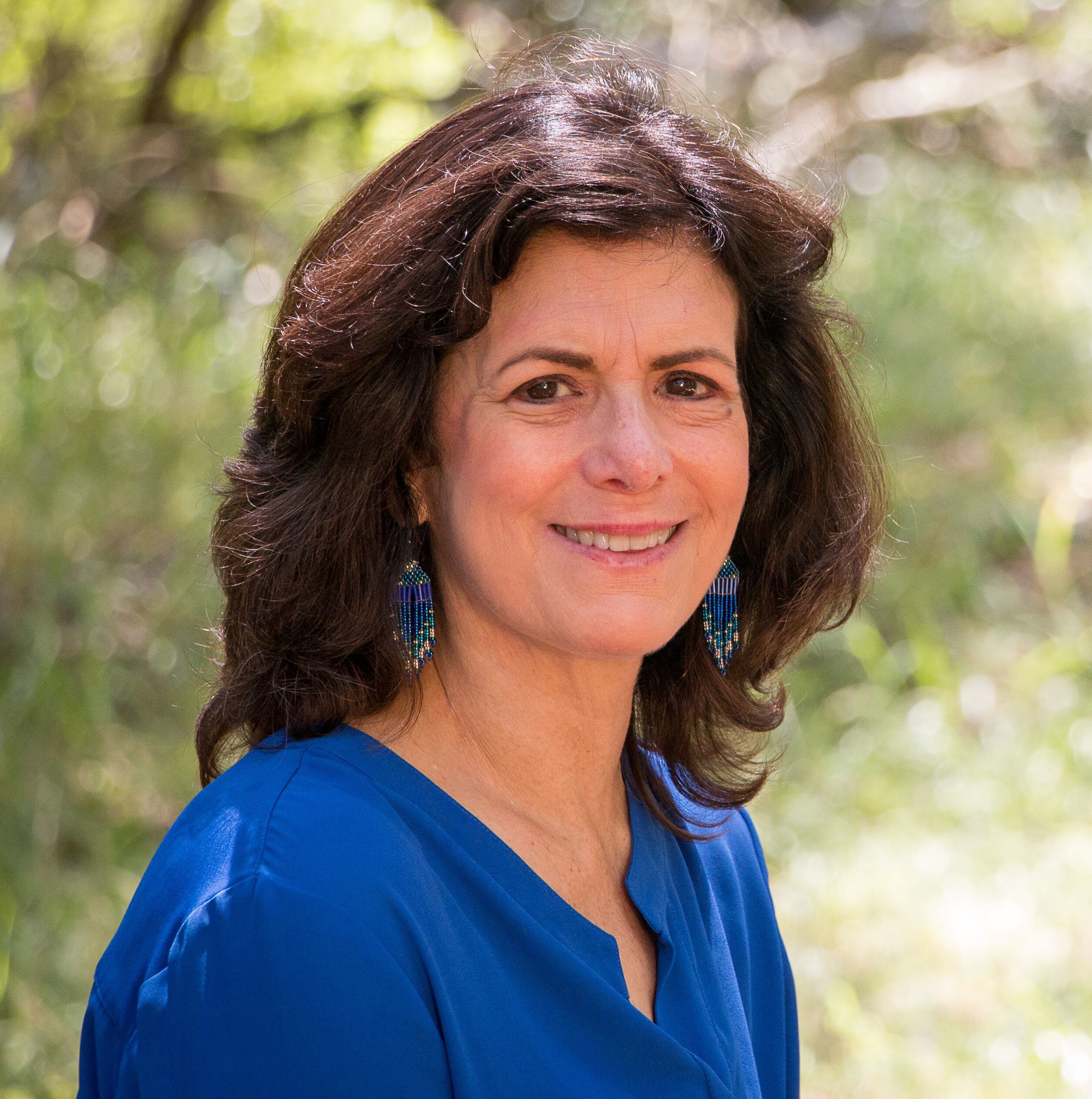|
I just finished reading a great book called Peace at Work: The HR Manager’s Guide to Workplace Mediation written by my dear friend John Ford. John’s experience and wisdom as a mediator shine through this book from beginning to end. I particularly enjoyed his excellent section on forgiveness, which does a nice job of connecting the dots between conflict and forgiveness: There are moments that truly inspire and move us as mediators, not just because we have arrived at a creative solution, but also because of the way the participants have embraced the conflict as an opportunity for insight, learning and change. Through the gift of their conflict, they have found peace and acceptance through the transformative process of forgiveness. The deepest level of forgiveness is the acceptance of life as it is. Then comes forgiving ourselves for expecting life to be different, and finally we get to where most of us start, forgiving the other person for what they did. When we accept what has happened, including the range of associated emotions we have experienced, we express gratitude for life and stop wishing the situation were different from the way it is. This arises from a deep and profound insight into reality. It is what Byron Katie encourages us to do in her book, Loving What Is. Any pain/discomfort we experience offers us the opportunity to heal our emotional pain – the baggage and the shadows that we still own. Conflict is an invitation to go within, to unlock the pain of the past, and to heal. And, as Kenneth Cloke wisely reminds us, the conflict has within it the kernels for what we need to learn. When we forgive ourselves, we show compassion for and understanding of ourselves, and trust that we did our best. We stop being insensitive and hard on ourselves, and take into account our challenging life circumstances. We are no longer our own worst critic. When we forgive the other person who apparently caused us harm, we make peace in the world. It is always worth pondering the miracle that when two people forgive each other on their own, they can completely resolve a conflict. Forgiveness does not mean we forget, or that we condone. We do not even need an apology in order to forgive, although a sincere apology is a powerful force in its own right. When we forgive each other, we realize that the other person has also suffered and has found a way to forgive. In that sense, nothing is unforgiveable. Rather, forgiveness is a gift we give to others and to ourselves. We take back our power reconnect with our original positive intention, and repackage our past. Fred Luskin, a pioneer in the field of forgiveness, sees it as a decision we take to duce the negative impact of our grievance. He suggests that forgiveness is the reversal of the grievance process. When we experience the pain or suffering, we take it personally and blame others for how we feel. We tell ourselves a story in which we are the victim. We are aggrieved. When we forgive, we undo this grievance process. Instead of taking things personally, we recognize that things happen, but that these things (the ten percent) are seldom as problematic as our own reaction (the ninety percent). So, when we forgive, we take responsibility for our own feelings. We retell our story, no longer as a victim, but with a deeper understanding of the significance of the event to our lives. Ultimately, forgiveness represents a conflict resolution path that we can take on our own, to make peace with what has happened and to chart a happier future.
The book is available on Amazon.com but John is generously making the e-book available to us for free! |

 Sign up for our newsletter and get a complimentary copy of Eileen's book "Walking the Path of Forgiveness"
Sign up for our newsletter and get a complimentary copy of Eileen's book "Walking the Path of Forgiveness" EILEEN BARKER is an internationally recognized mediator, facilitator, forgiveness teacher and pioneer in the movement to integrate emotional healing and forgiveness in conflict resolution. In addition to her popular workshops and retreats, Eileen offers private forgiveness coaching. She is the author of the Forgiveness Workbook.
EILEEN BARKER is an internationally recognized mediator, facilitator, forgiveness teacher and pioneer in the movement to integrate emotional healing and forgiveness in conflict resolution. In addition to her popular workshops and retreats, Eileen offers private forgiveness coaching. She is the author of the Forgiveness Workbook.

Speak Your Mind